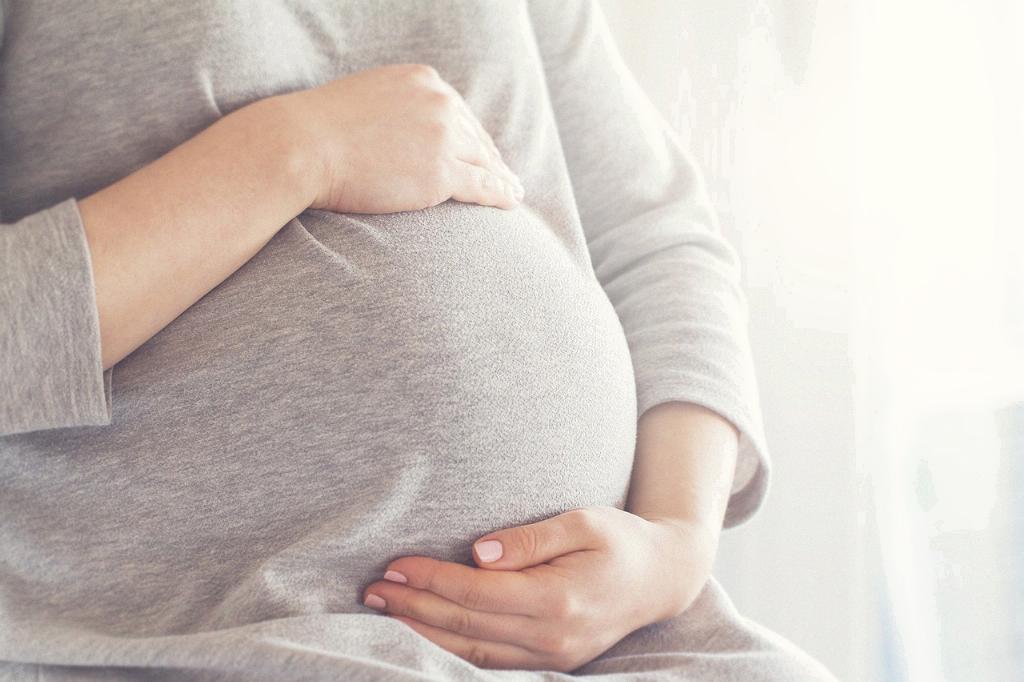During pregnancy, many women experience various physical sensations that may raise questions and concerns. One common occurrence is feeling pressure in the lower abdomen, leading some to wonder if such sensations are normal or if they require medical attention.
What Causes Lower Abdominal Pressure?
The sensation of pressure in the lower abdomen while pregnant is typically a result of the uterus expanding and stretching as the baby grows. As the uterus becomes larger, it puts pressure on surrounding organs and muscles, causing discomfort for some women.
Timing of Lower Abdominal Pressure
Lower abdominal pressure is most commonly experienced between 18 and 24 weeks of pregnancy. This period aligns with the time when the uterus is significantly enlarging and may exert more noticeable pressure on the lower abdomen.
Variability in Sensations
Women may describe the sensation of lower abdominal pressure during pregnancy in various ways. Some may feel sharp pains, while others may perceive a mild pulling or stretching feeling. The intensity and frequency of these sensations can differ among individuals.
Triggers of Lower Abdominal Pressure
Lower abdominal pressure can be exacerbated by certain movements or activities. Activities such as coughing, sneezing, standing up, sitting down, rolling over in bed, or engaging in sexual intercourse may trigger or worsen the sensation of pressure in the lower abdomen.
Physical Changes in the Body
As the uterus grows, it strains the muscles that support it, contributing to feelings of pressure in the lower abdomen. This physical change in the body is a natural part of pregnancy and is generally considered a normal occurrence.
Consulting a Healthcare Provider
While lower abdominal pressure is common during pregnancy, it is essential for pregnant individuals to communicate any concerns or unusual symptoms to their healthcare provider. Consulting a medical professional can help ensure that any discomfort experienced is within the realm of normal pregnancy symptoms.
Monitoring Symptoms
Keeping track of when lower abdominal pressure occurs, the intensity of the sensation, and any accompanying symptoms can be helpful when discussing concerns with a healthcare provider. This information can assist in determining the appropriateness of the sensations experienced.
Signs of Concern
While lower abdominal pressure is typically normal during pregnancy, certain signs may indicate a need for medical attention. Severe or persistent pain, accompanied by vaginal bleeding, fever, chills, or other concerning symptoms, should prompt immediate consultation with a healthcare provider.
Self-Care Measures
Engaging in self-care measures, such as resting, applying warm compresses to the lower abdomen, practicing gentle exercises, and maintaining good posture, may help alleviate mild discomfort associated with lower abdominal pressure during pregnancy.
Embracing the Pregnancy Journey
Throughout pregnancy, the body undergoes numerous changes to accommodate the developing baby. Sensations like lower abdominal pressure serve as reminders of the remarkable process occurring within the body and can be viewed as a natural part of the pregnancy journey.
Final Thoughts
In conclusion, feeling pressure in the lower abdomen while pregnant is a common occurrence resulting from the uterus’s expansion and the strain it places on surrounding muscles. While typically considered a normal part of pregnancy, individuals should communicate any concerns with their healthcare provider to ensure a healthy and comfortable pregnancy experience.

